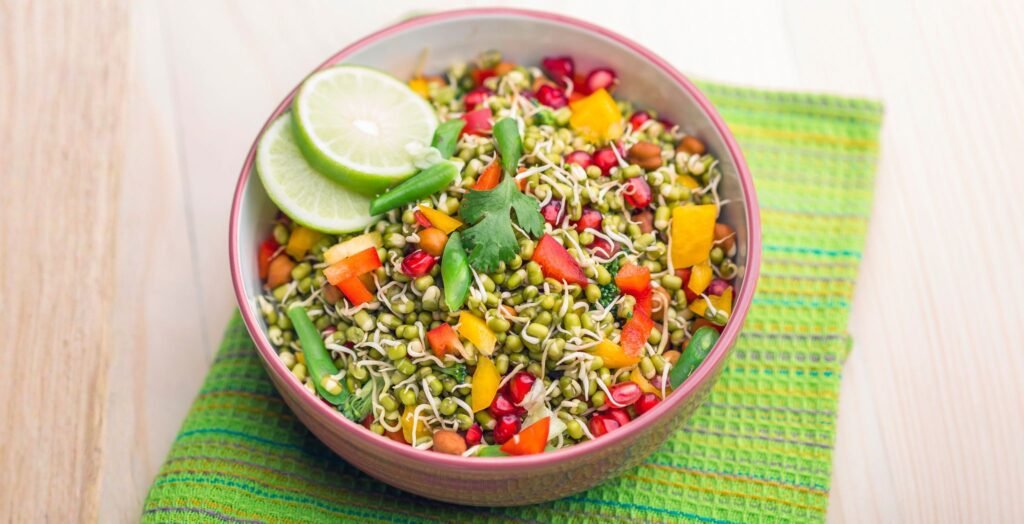Sprouts have gained popularity as a nutritious and versatile addition to many diets. Whether you’re adding them to salads, sandwiches, or stir-fries, understanding their nutritional profile can help you make informed choices about your diet.
In this comprehensive guide, we’ll dive into the calories and nutrition of sprouts, their health benefits, potential risks, and more.
Introduction
Sprouts are germinated seeds that are packed with essential nutrients and are often praised for their health benefits. They come in various types, including bean sprouts, moong sprouts, and mixed sprouts, each with its own unique nutritional profile.
This guide will cover everything you need to know about the calorie content of sprouts and their impact on your diet.
Bean Sprouts Nutrition Facts

Bean sprouts are among the most commonly consumed sprouts and are typically made from mung beans (moong beans) or chickpeas (chana).
Here’s a snapshot of their nutritional content:
Bean Sprouts: These are low in calories and rich in vitamins and minerals. They are particularly high in vitamin C, vitamin K, and folate. Bean sprouts also provide a good amount of fiber and protein, making them a nutritious choice for those looking to maintain a healthy diet.
Health Benefits of Bean Sprouts

Bean sprouts offer a range of health benefits due to their nutrient density:
- Rich in Vitamins and Minerals: Bean sprouts are loaded with essential vitamins such as vitamin C, which boosts the immune system, and vitamin K, which supports bone health. They also contain important minerals like iron and magnesium.
- High in Antioxidants: The antioxidants in bean sprouts help combat oxidative stress and inflammation in the body. This can reduce the risk of chronic diseases and support overall health.
- Supports Digestive Health: The fiber in bean sprouts aids in digestion and can help prevent constipation. It also promotes a healthy gut microbiome.
- Low in Calories: Bean sprouts are low in calories, making them a great addition to weight management diets. They provide essential nutrients without adding excessive calories.
Important Source of Plant-Based Nutrients
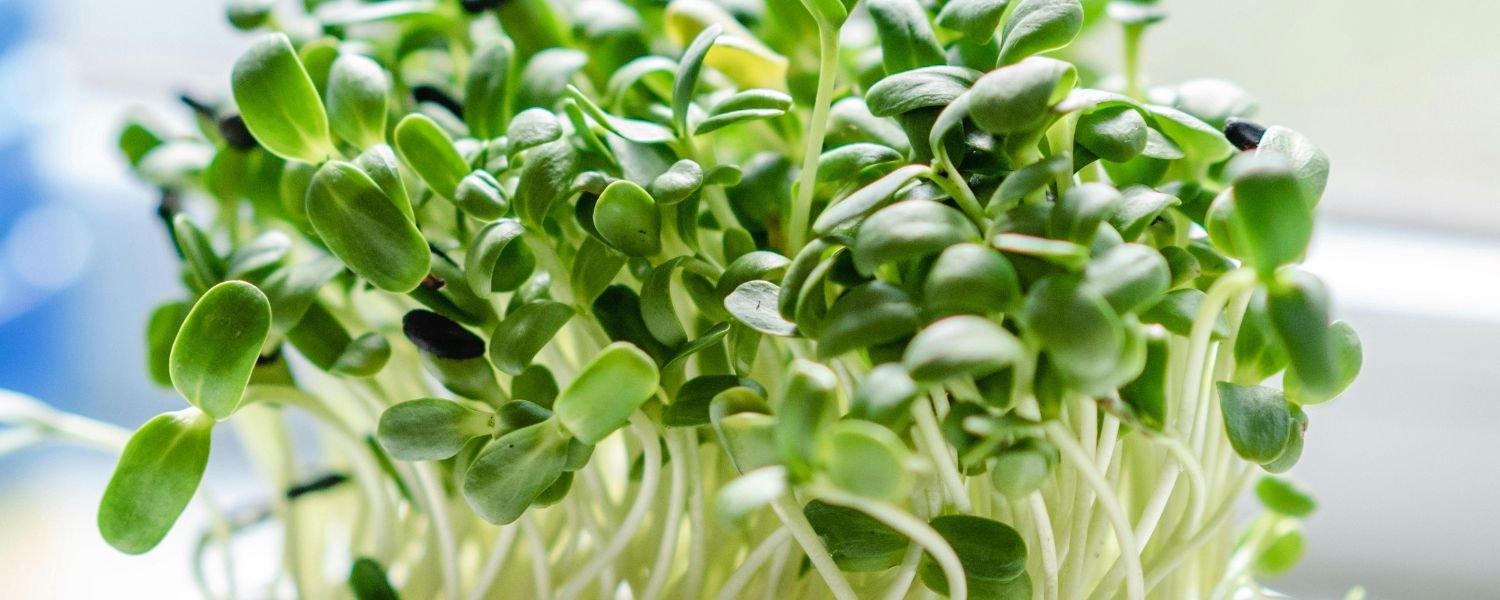
Sprouts are an excellent source of plant-based nutrients. They offer a wealth of vitamins, minerals, and antioxidants, all while being low in calories. This makes them an ideal food for those following various diet plans, including the TLC Diet, Alkaline Diet, and Intermittent Fasting Diet Plan.
Allergies to Bean Sprouts

While bean sprouts are generally safe for most people, some individuals may experience allergies. Symptoms of a bean sprout allergy can include itching, swelling, and digestive issues. If you suspect an allergy, it’s best to consult with a healthcare professional.
Adverse Effects
Although bean sprouts are nutritious, consuming them in large amounts may lead to certain adverse effects:
1. Digestive Issues

Excessive consumption of sprouts can cause bloating or gas due to their high fiber content.
2. Risk of Foodborne Illness

Raw or undercooked sprouts can be a source of foodborne illnesses, such as Salmonella or E. coli. It’s important to cook sprouts thoroughly and handle them with care.
Varieties of Bean Sprouts
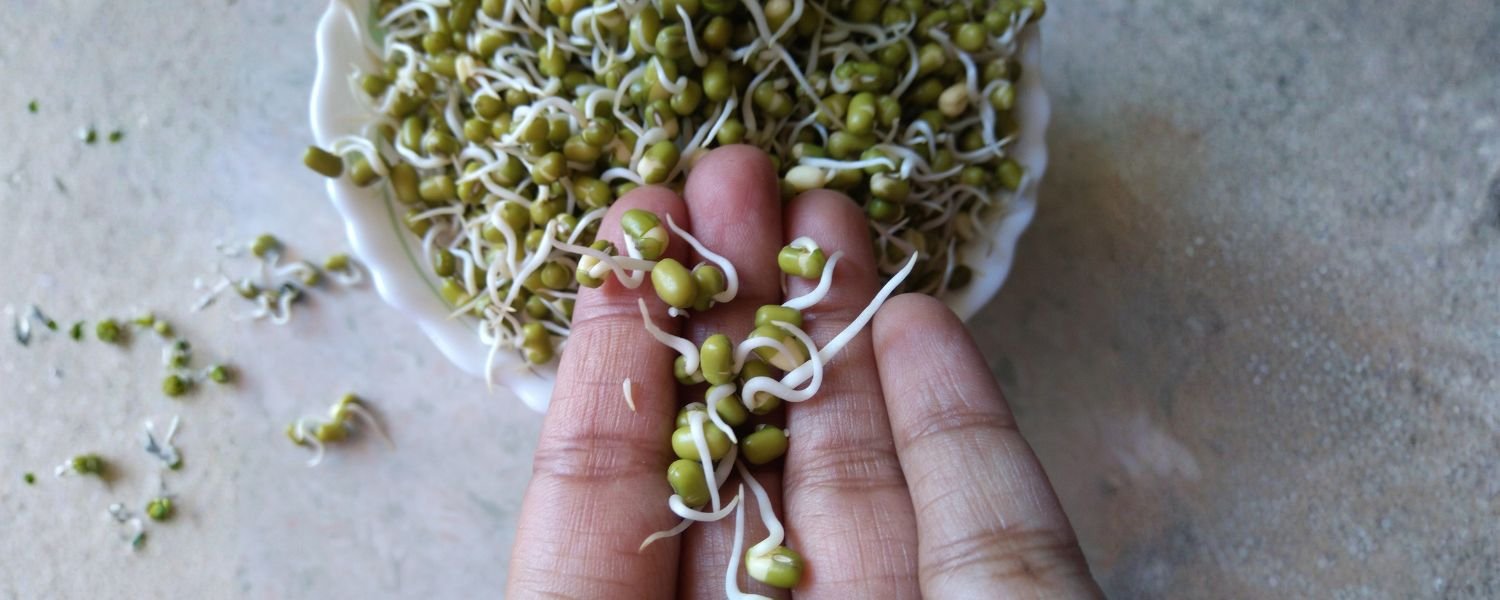
There are several types of bean sprouts, each with distinct nutritional benefits:
Mung Bean Sprouts (Moong Sprouts)

These are the most common type of bean sprouts. They are rich in vitamins C and K, and contain a good amount of protein and fiber.
Chickpea Sprouts (Chana Sprouts)
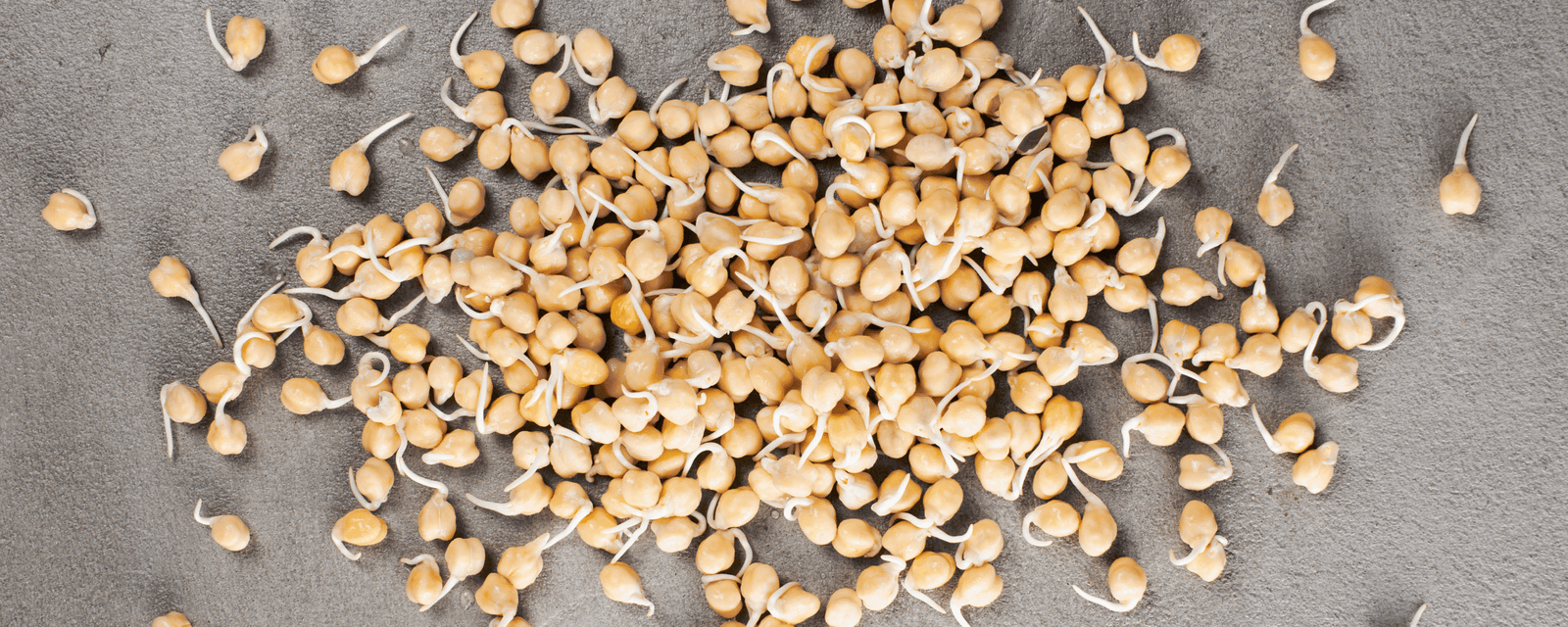
Chickpea sprouts are a good source of protein, fiber, and essential minerals like iron and magnesium.
Mixed Sprouts

These are a combination of various types of sprouts and offer a diverse range of nutrients. They are often used in salads and stir-fries.
Calories in Sprouts
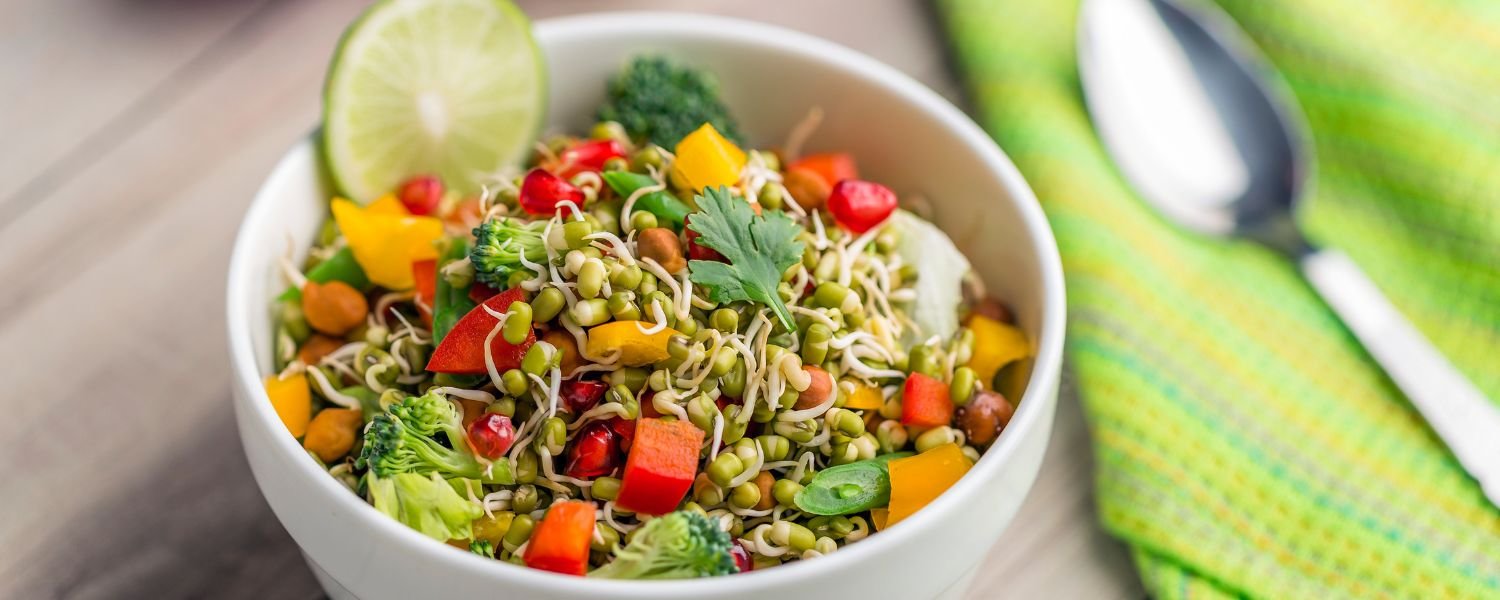
Understanding the calorie content of sprouts is crucial for managing your diet. Here’s a breakdown of the calories in various types of sprouts:
- Moong Sprouts Calories: 100 grams of moong sprouts typically contain around 30 calories.
- Chana Sprouts Calories: 100 grams of chana sprouts have approximately 60 calories.
- Mixed Sprouts Calories 100g: A mix of different sprouts generally contains about 40-50 calories per 100 grams.
- Green Gram Sprouts Calories: Similar to moong sprouts, green gram sprouts have around 30 calories per 100 grams.
How Many Calories Do Sprouts Have?
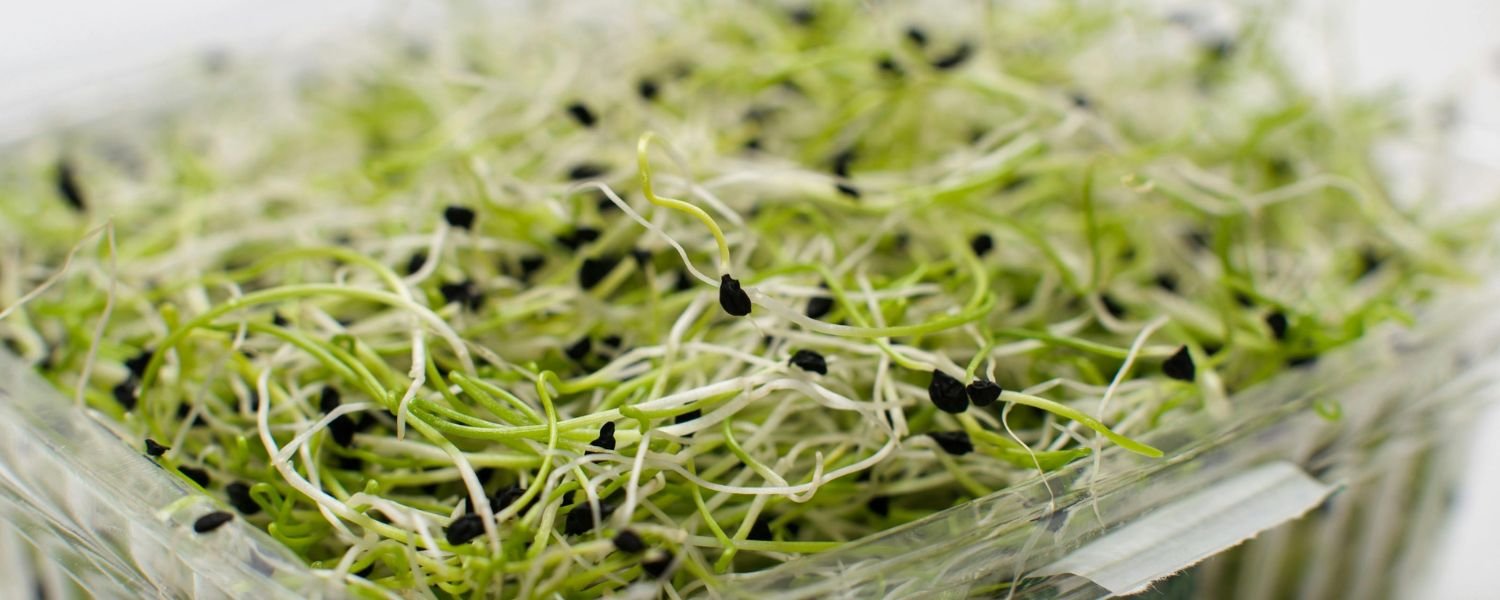
The calorie content of sprouts can vary slightly based on the type and preparation method. However, most sprouts are low in calories, making them a great option for those looking to maintain or lose weight. For instance, one bowl of sprouts typically contains about 50-100 calories, depending on the type and portion size.
Calories in Common Food Items with Sprouts
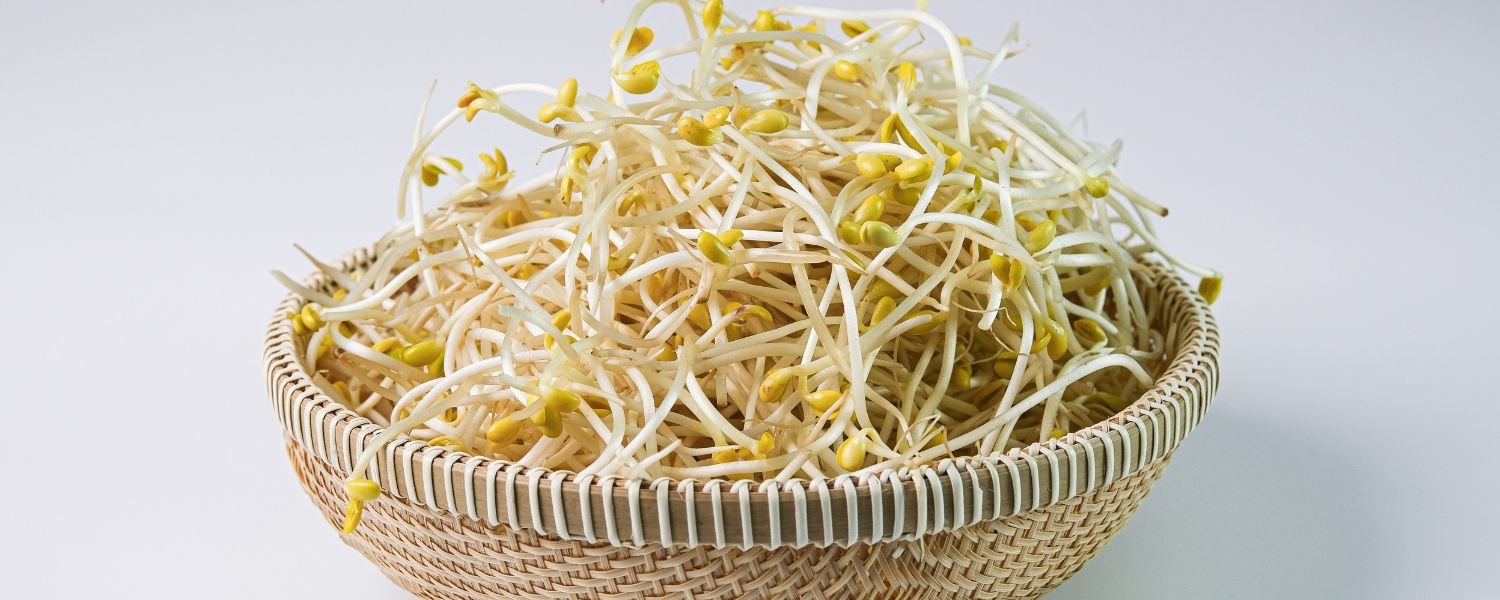
Sprouts can be added to various dishes, influencing their overall calorie count:
- Sprout Salad: A salad made with 100 grams of mixed sprouts and vegetables contains about 100-150 calories, depending on the dressing used.
- Stir-Fried Sprouts: Stir-frying sprouts with a small amount of oil may increase the calorie count to around 150-200 calories per serving.
- Sprout Sandwich: A sandwich containing sprouts and other vegetables usually has about 200-300 calories, depending on the bread and additional ingredients.
Health Benefits of Sprouts
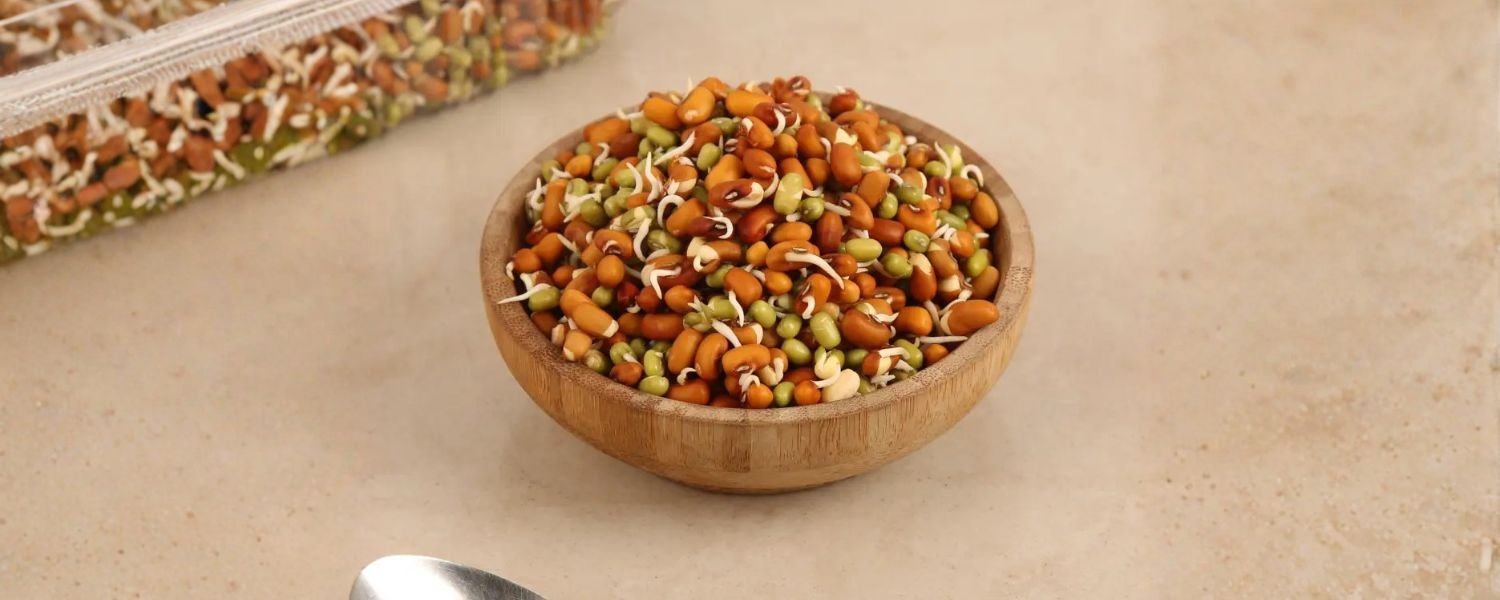
In addition to their low calorie content, sprouts offer several health benefits:
- Boosts Immune System: The vitamins and antioxidants in sprouts help strengthen the immune system, making it more effective at fighting off infections.
- Promotes Healthy Skin: The high vitamin C content in sprouts supports collagen production, leading to healthier, more youthful-looking skin.
- Supports Weight Management: Due to their low calorie and high nutrient content, sprouts are an excellent food choice for those on a Weight Gain Diet Plan or looking to manage their weight.
Potential Risk of Consuming Sprouts
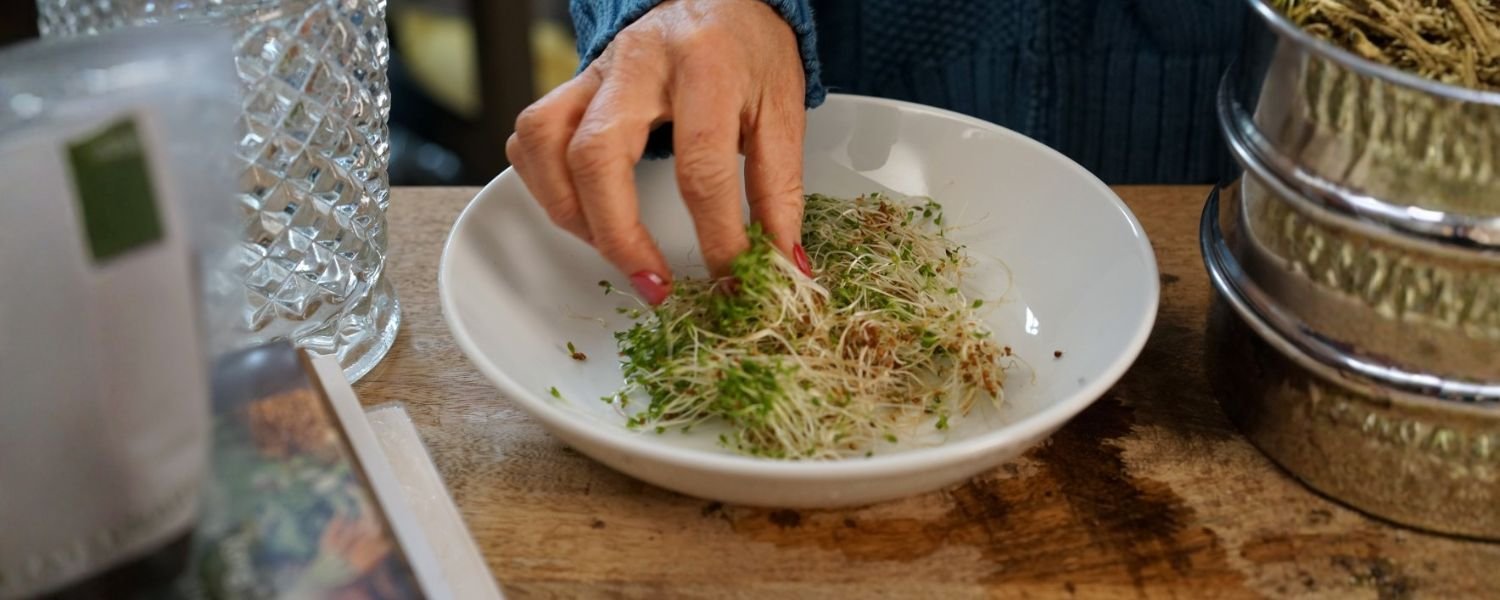
While sprouts are generally safe to eat, there are some risks to be aware of:
- Foodborne Illness: Sprouts, especially raw ones, can be contaminated with bacteria. Always cook sprouts thoroughly and practice good hygiene to reduce the risk of foodborne illnesses.
- Digestive Discomfort: For some people, eating too many sprouts may lead to digestive issues such as bloating or gas. Moderation is key.
Conclusion
Sprouts are a nutritious and versatile addition to many diets, offering a range of health benefits and low calorie content. Whether you’re incorporating moong sprouts calories, chana sprouts calories, or mixed sprouts calories into your meals, you can enjoy their health benefits while managing your calorie intake.
However, it’s important to be aware of potential risks, such as foodborne illnesses, and to consume sprouts in moderation. By understanding the calorie content and nutritional profile of sprouts, you can make informed choices that support your overall health and dietary goals.
FAQ
What are bean sprouts and what do they taste like?
Bean sprouts are germinated seeds, commonly made from mung beans or chickpeas. They have a crisp texture and a slightly nutty, mild flavor. They’re often used in salads, sandwiches, and stir-fries.
How many calories are in 100 grams of bean sprouts?
On average, 100 grams of bean sprouts contain around 30-35 calories. The exact number can vary slightly based on the type of bean sprout.
What are the health benefits of eating bean sprouts?
Bean sprouts are rich in vitamins (like C and K), minerals (such as iron and magnesium), and antioxidants. They support immune health, improve digestion, and contribute to overall well-being.
Are there any potential risks associated with eating sprouts?
Yes, sprouts can sometimes harbor harmful bacteria, which can lead to foodborne illnesses if not cooked properly. They can also cause digestive issues like bloating if consumed in large quantities.
Can I eat sprouts if I have a food allergy?
Some people may be allergic to certain types of sprouts. If you have a known food allergy, especially to legumes or beans, you should consult with a healthcare professional before consuming sprouts.
